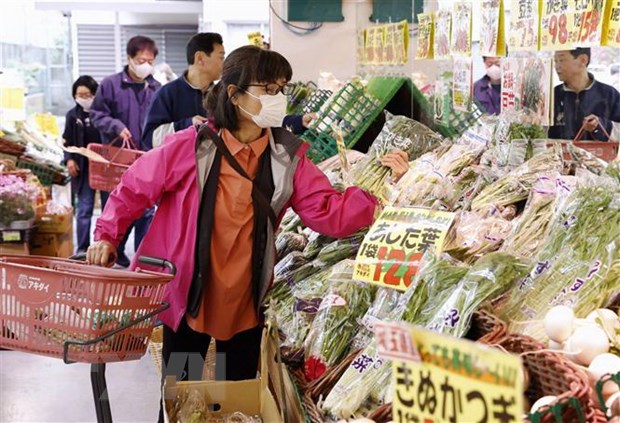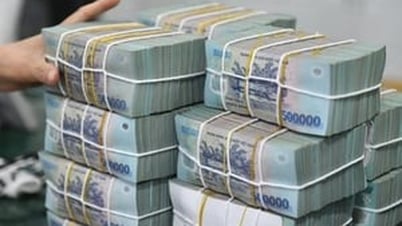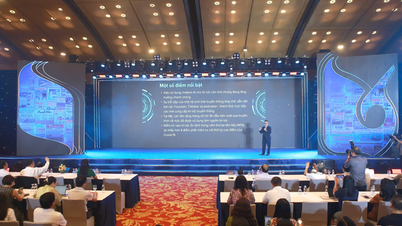Analysts said the increase in the core consumer price index (CPI) was due to steady increases in prices of food and daily necessities, making it difficult for households to make ends meet.

Consumers shop at a supermarket in Tokyo, Japan. (Photo: Kyodo/VNA)
Japan's core consumer price index (CPI) in May 2023 exceeded forecasts, while core consumer inflation recorded its highest year-on-year increase in 42 years, the Yomiuri newspaper reported on June 23.
These indicators further increase the possibility that inflationary pressures will force the Bank of Japan (BoJ) to gradually remove its large stimulus measures.
Analysts said the increase was due to steady increases in prices of food and daily necessities, making it difficult for households to make ends meet.
The national core CPI, which excludes fresh food but includes energy items, rose 3.2% in May from a year earlier. While that was down from 3.4% in April 2023, it was higher than the market forecast of a 3.1% increase.
The core CPI, which excludes fuel and fresh food costs, rose 4.3% in May, up from 4.1% in April and the highest since June 1981. The index is closely watched by the BoJ as a key gauge of price trends in response to domestic demand.
The fact that the core CPI in May 2023 was 4.3%, which is higher than the BoJ's 2% target for 14 consecutive months, is raising doubts about the BoJ's view that recent cost-led inflation is only a temporary phenomenon.
“One of the main drivers is food inflation,” said Darren Tay, Japan economist at Capital Economics, referring to the impact of rising non-perishable food prices on core CPI, noting that the current reading does not reflect the peak of food inflation. While energy costs fell 8.2% in May from a year earlier thanks to government subsidies, food inflation rose to 9.2% in May from 9% in April as prices of items ranging from fried chicken to burgers to chocolate rose.
Hotel room rates also rose 9.2% in May, up from an 8.1% increase in April, data showed, a sign that strong recovery in travel demand has allowed hoteliers to charge higher rates.
With inflation hovering above target for more than a year, markets are abuzz with speculation that the BoJ will soon begin phasing out its stimulus measures, which critics say are distorting markets and hurting financial institutions' profits.
Governor Kazuo Ueda has stressed that the BoJ is ready to maintain its stimulus policy until inflation stabilizes at around 2% and is accompanied by rising wages. Mr. Ueda expects core consumer inflation to fall below 2% in September or October, although continued price increases have cast doubt on that view.
In its most recent forecast released in April, the BoJ expected core consumer inflation to reach 1.8% in the current fiscal year ending March 2024.
This figure is much lower than the forecast of 2.6% increase in a poll conducted by Reuters in May 2023.
The just-released CPI data for May further increases the possibility that the BoJ will adjust its inflation forecast at its next quarterly review in July./.
Source: https://www.vietnamplus.vn/cpi-loi-cua-nhat-ban-cham-muc-cao-nhat-trong-42-nam-qua/869842.vnp
Source link

































































































Comment (0)